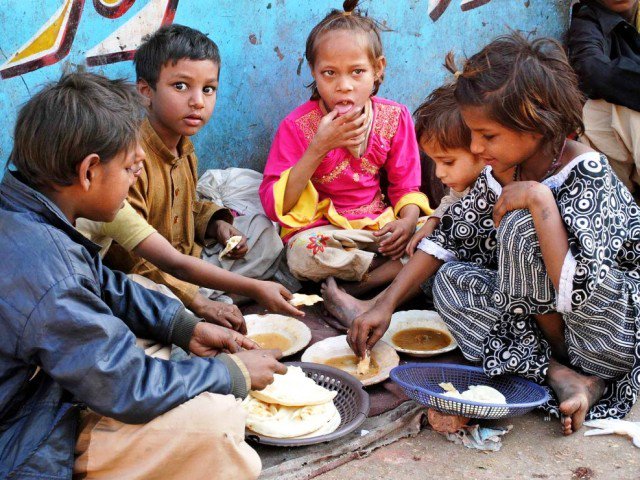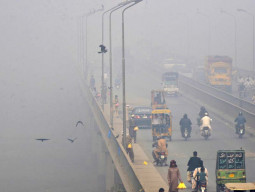
The senate body which met in the Parliament House on Tuesday expressed its dismay on lack of a centralised system for the welfare of vulnerable children, data compilation, and concrete steps for their safe future.
According to data only 34 per cent children births are registered in Pakistan. All provinces have Child Protection Act but only Balochistan and Gilgit-Baltistan established the coordinated mechanism for vulnerable children. In this regard, the meeting commenced with a briefing by NADRA. While discussing the issue of registration of children with unknown parentage, NADRA informed the committee that the system selected names at random and those children were added to the family tree of the selected person. He said that this was done without informing the family. Senator Sitara Ayaz stressed that selecting names at random was a major loophole on the behalf of NADRA and that this issue must be addressed, especially due to the fact that this was done without the knowledge of those selected. Senator Raza Rabbani was of the opinion that this could lead to major issues with respect to succession and inheritance.
Convener Committee, Senator Nuzhat Sadiq showed displeasure regarding lack of preparedness and coordination between key agencies that was imperative for the protection of child rights in Pakistan.
Ministry of Human Rights Secretary Rabia Javaria Agha was of the view that if any progress is to be made fundamental issues must be addressed and that the tendency for agencies to work in seclusion must be curbed. The hardships faced by children are despicable, she said. Quoting Article 25 A of the Constitution, Agha said that it states that the government is to provide mandatory education for every child up to the age of 16 years. She further stated that according to Article 11 C of the Constitution the age limit has been shortened to 14 years, so there is contradiction within the Constitution on the definition of a child. She informed that children require an identity and added that basic birth registrations are just 30 per cent in Pakistan. Children who have no birth registrations cannot be found and in case of abuse cannot have their complaints registered. She praised Unicef for working towards birth registrations, because that is the base of acknowledging a child’s identity. She informed the committee that only few culprits convicted in child abuse cases. "30 per cent of the accused acquitted while 70 to 75 cases are still pending and unfortunately the conviction rate is very low," she added.
Moreover the Secretary informed that they have developed an Action Plan for ending Child Abuse focusing on Prevention, Protection, Recovery and Reintegration, Participation in society and monitoring and coordination in future.
Unicef Child Protection Programme Chief Silvia Pasti said that this programme commenced in 2018. While working on it Unicef took into consideration the fundamental rights of children. She said that the main issue faced by them was lack of evidence of abuse that children face in this country. She said that one big pillar of the programme is to support the government to generate evidence which will assist policy making regarding this severe issue in Pakistan. She said that the Unicef Child Protection Programme plans to conduct a survey in all the provinces of Pakistan on violence against children and the economic exploitation of children in Pakistan. "There are number of issues linked with child abuse including health, education, safety and their economic exploitation," she said.
The committee showed dismay that various agencies were not on the same page and there was overlapping in the system. It was recommended that all agencies work collectively to save time and that a sub-committee be formed to sort out the overlap of efforts. It was also recommended that it must be determined whether or not departments working under provinces are coordinating with each other. The sub-committee must work out ways in which inter-linking of departments is encouraged. A structure must be formed to address these issues effectively and check whether or not the mechanism works.
Published in The Express Tribune, November 7th, 2018.























COMMENTS
Comments are moderated and generally will be posted if they are on-topic and not abusive.
For more information, please see our Comments FAQ